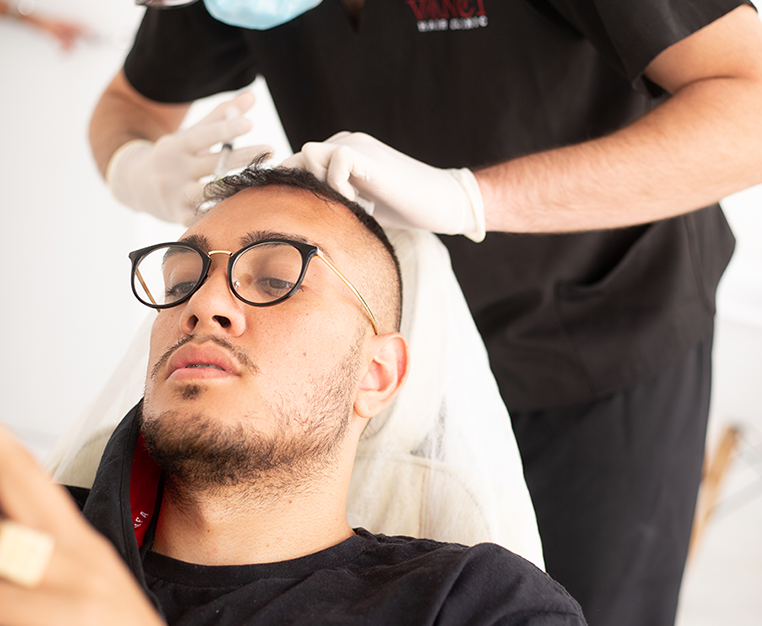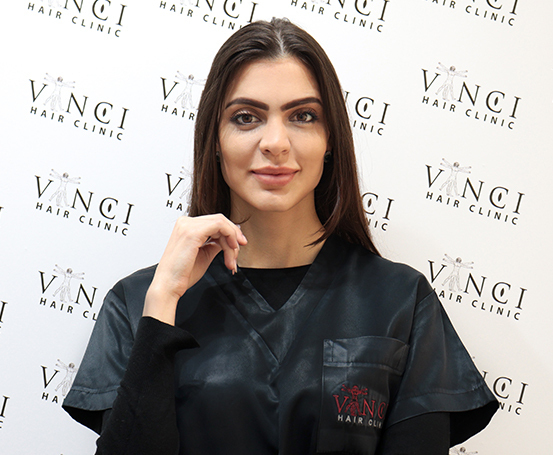Natural hair is great, but doesn’t it get a bit boring sometimes? Women especially like to try different things and experiment with different hair styling. If you want to change up your locks, texturising could be something to try. Perhaps, like many people, you are wondering what hair texturising is all about.
To start with, it’s not a recent concept. Many women, African-Americans in particular, have been texturising their hair since the 1990s. Texturising is a process that helps relax tight curls. Read on to find out more about texturising and texturisers!
Texturiser And Texturised Hair
One thing to keep in mind: texturised hair is not the same as textured hair. The idea behind texturising is to give your hair a more natural look by loosening your existing curl pattern. Women use a product called texturiser to loosen these curls without completely straightening the hair.
Texturising Versus Relaxing
Both processes are chemical-based but texturing is much milder. Additionally, texturisers do not entirely disrupt the hair’s natural curl pattern. It’s different from relaxing, which completely transforms the hair’s natural texture. So, why would anyone want to texturise their hair?
Benefits Of Using A Texturiser
Using a texturiser has numerous benefits for your hair. As it’s a product that might use chemicals to alter the hair or scalp’s pH balance, it may cause burns or irritation. Remember to do a patch test first, therefore, to guard against any adverse reaction.
What Can A Texturiser Do For Your Hair?
The main benefit of a texturiser is that it adds volume to your hair. Besides this, a texturiser can help provide shine to your curls and reduce frizz or flyaway. It can also make your locks feel lighter, making them easier to comb and more manageable. Additionally, texturised hair is easier to grow out than relaxed hair.
Learning The Texturising Process
The chemicals contained in a texturiser will likely change your hair’s structure permanently. These chemicals will alter the keratin in your hair, giving them a fixed structure. When you apply a texturiser to your hair, it breaks the hydrogen bonds in the amino acids. These amino acids make the hair curl, so breaking their hydrogen bonds result in looser curls.
Types of Texturisers
You have two types of texturisers to choose from, one with lye and one without. Lye can be harsh on your hair and using too much of it can burn your scalp. We would recommend the use of the formula without lye for those reasons.
What Happens To Your Curls?
When you use a texturiser and have S-shaped curls, you will likely see a significant change in their texture and shape. The results are less predictable if you have Z-shaped curls.
How To Use A Texturiser
There is no particular way to apply a texturiser. You simply put it in your hair evenly and wait for around five to ten minutes but no longer. Wash the product out using a neutraliser to stop the texturising process.
Using a texturiser too often can cause harm to your hair. That’s why hair experts recommend using protein treatments or herbal conditioners to keep hair damage to a minimum.
Caring For Texturised Hair: Three Tips
Use The Right Products
Ideally, you should consult with a professional hairdresser or stylist. They can tell you what products will suit your texturised hair and help maintain your hair’s moisture and shine levels.
Wet Hair Daily
Get your hair wet every day! Wetting hair can help restructure your curls. Furthermore, combing damp hair helps remove frizziness and tangles. However, be careful not to comb your hair too hard.
Use Recommended Shampoo And Conditioner
Regularly conditioning your hair is essential for keeping it soft. The recommendation is, therefore, to shampoo and condition at least four times a week. Remember to consult your stylist or hairdresser on what shampoo and conditioner to use.
Conclusion
Texturisers are one of the many hair products available to women today that give them more hair options. Texturisers allow you to have more manageable hair that you can easily style the way you want.
Whether you texturise your hair or not, styling may result in hair loss. If you suspect your hairstyle of choice may be making your hair thinner, get in touch with Vinci Hair Clinic. We will use our decades of hair restoration experience to find the right solution for you. Book a free, no-obligation consultation today!



